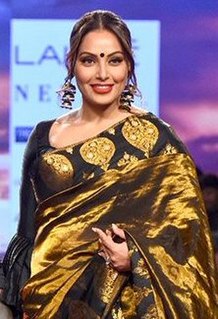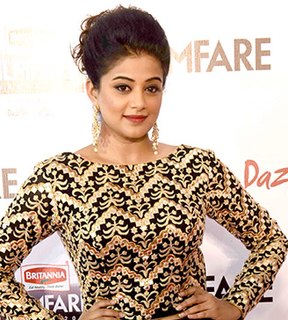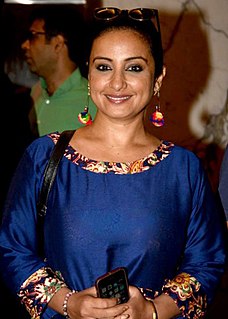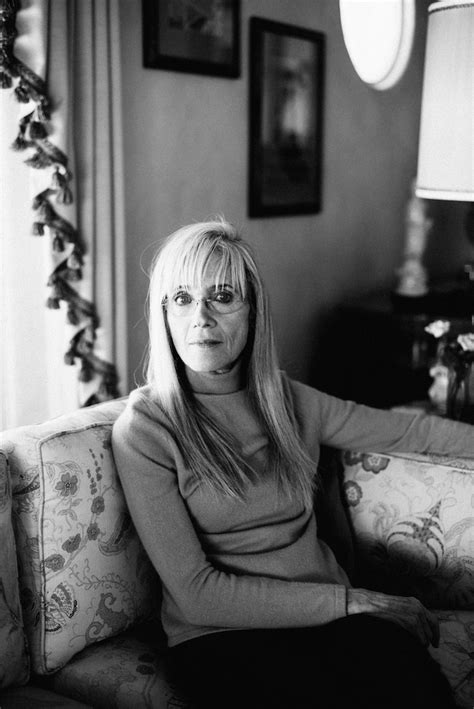A Quote by Shriya Saran
In Hollywood, an Angelina Jolie is paid a fee that is probably at par with her male colleagues, but we can't expect the same here in India. Universally, films have meatier roles for men. Most films are about male protagonists and their histrionics on screen; women are signed up for song sequences and to up the glam quotient.
Related Quotes
Films with female protagonists don't attract many eyeballs. Most of them are perceived as feminist films. If Bollywood starts giving women major roles in entertaining movies, then the audience, too, will open up to the idea of watching commercial films in which the actresses do more than just play the role of the hero's love interest.
The top stars like Angelina, Cameron (Diaz), Sandra Bullock and probably now Jennifer Lawrence probably gets paid the same as their male counterparts. The problem is the averages. Because there are not enough parts for women to star in and get paid. So when you look at the total amount women make as compared to men it's paltry.
It's a fact, the majority of films in Hollywood are from the male perspective. And the female characters, very rarely do they get to speak to another female character in a movie, and when they do it's usually about a guy, not anything else. So they're very male-centric, Hollywood films, in general. So I think it's incredible that Ned Benson, when I said I'd love to know where she goes, says okay, I'm going to write another film from the female perspective.
The bonding of women that is woman-loving, or Gyn/affection, is very different from male bonding. Male bonding has been the glue of male dominance. It has been based upon recognition of the difference men see between themselves and women, and is a form of the behaviour, masculinity, that creates and maintains male power… Male comradeship/bonding depends upon energy drained from women.



































